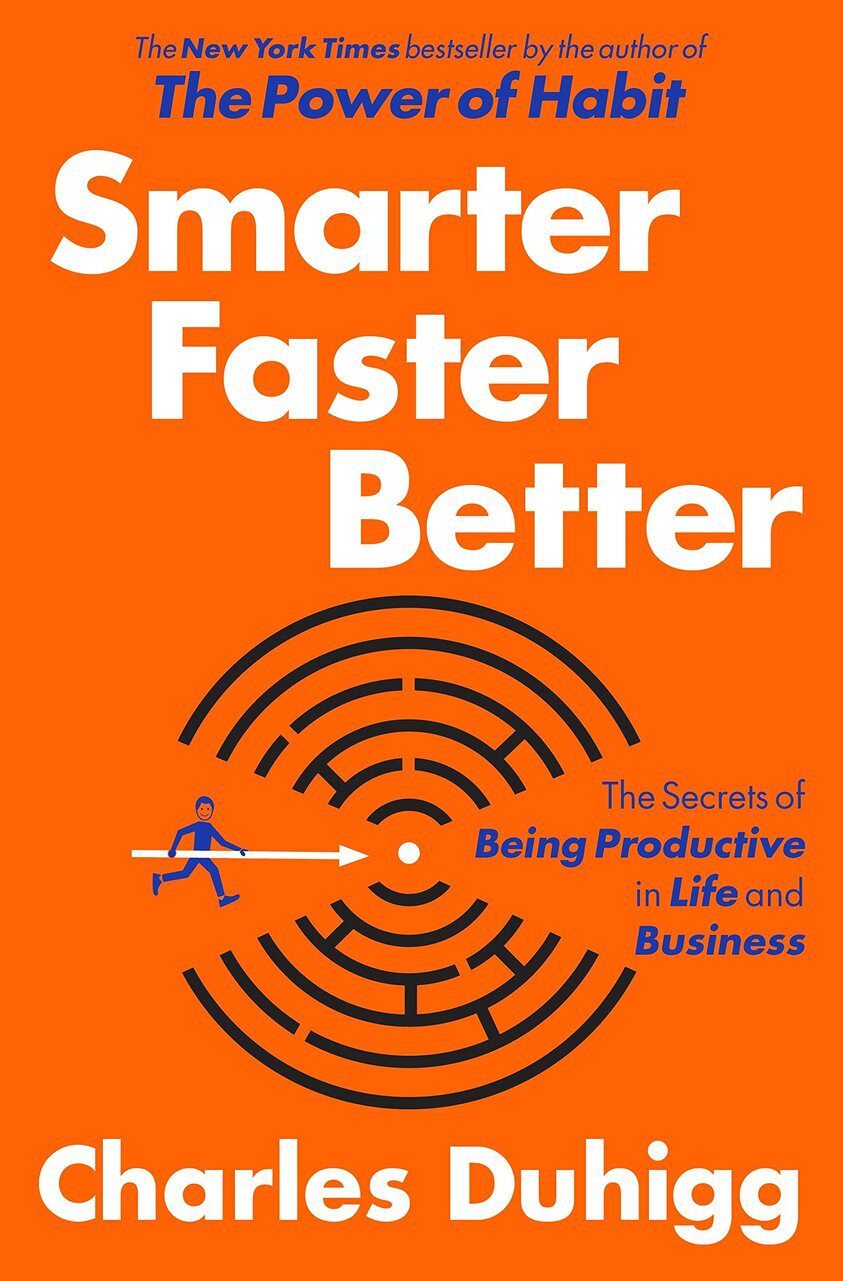Productivity is about making certain choices in certain ways.
Print | Kindle(eBook) | Audiobook
Theme: If you can become more motivated, more focused, better at setting goals and making good decisions, then you’re a long way down the path to becoming more productive.
“Productivity is about recognizing choices that other people often overlook. It’s about making certain decisions in certain ways. The way we choose to see our own lives; the stories we tell ourselves, and the goals we push ourselves to spell out in detail; the culture we establish among teammates; the ways we frame our choices and manage the information in our lives. Productive people and companies force themselves to make choices most other people are content to ignore. Productivity emerges when people push themselves to think differently.”
At the core of Smarter Faster Better are eight key concepts—from motivation and goal setting to focus and decision making—that explain why some people and companies get so much done. Drawing on the latest findings in neuroscience, psychology, and behavioral economics—as well as the experiences of CEOs, educational reformers, four-star generals, FBI agents, airplane pilots, and Broadway songwriters—the book posits that the most productive people, companies, and organizations don’t merely act differently.
They view the world, and their choices, in profoundly different ways.
Here are my favourite take aways from reading, Smarter Faster Better by Charles Duhigg:
